
Randa Musa, the wife of Khader Adnan, the Palestinian prisoner currently on his 75th day of hunger strike, issued the following urgent call to action to the people of the world. On Thursday, 20 April, the Israeli occupation military court once again postponed the hearing on his release, ordering yet another report on his medical condition; in the meantime, he was moved to an unknown hospital location, his family reported. Randa, his wife, and their nine children, set up a sit-in in Manara Square in Ramallah, calling on all to join them to stand for Khader’s freedom. Adnan has won his liberation four times before through hunger strikes. We join her call and urge all to participate in demanding his liberation!
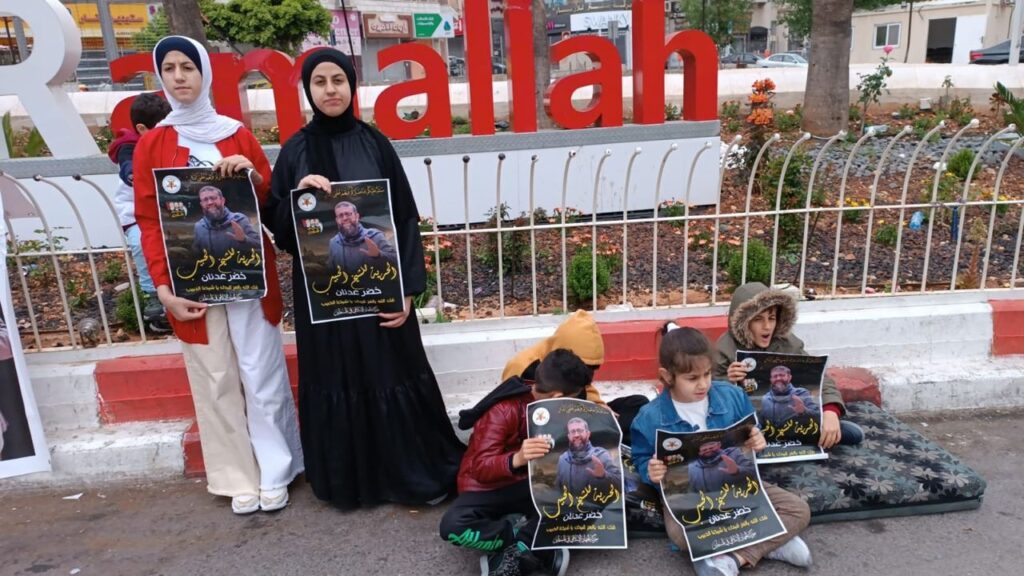
My husband, Khader Adnan Musa, is a Palestinian prisoner who has been on a hunger strike in Israeli prisons since February 5th, 2023, in rejection of his arbitrary arrest. Khader (45), the father of nine children; the youngest of whom is one and a half years old, and the oldest is 14 years old, is a long-term hunger-striker who has won his freedom on multiple occasions through lengthy public confrontations with the occupation forces.
On Monday, April 17th, the Israeli occupation military court (Salem) postponed the bail request of Khader due to his critical health condition after 72 days of hunger strike. The court delayed its response until today (April 20th), and then the hearing was postponed again to April 23rd, despite the dangerous situation he is in. By then, Khader Adnan—if alive—will have reached the 78th day of his ongoing hunger strike. During the hearing, the Public Prosecution threatened to implement force-feeding against Khader’s will.
Khader Adnan, from Arraba, Jenin, is currently held in an unknown hospital/prison. Until yesterday April 18, he was held in the Ramleh detention center, where he refused any medical examinations or supplements despite facing a continuous deterioration in his health. He is experiencing pain throughout his body, blurred vision, coughing blood, vomiting bile, constant dizziness, intermittent fainting, yellowish skin, and a rapid heartbeat. Although doctors warn Khader could suffer a sudden stroke or loss of life, the Israeli Prison Services (IPS) refused to move him to a civic hospital for 74 days. On the evening of Wednesday, April 18, I was informed he is moved to an undisclosed location. We’ve reached out to Physicians for Human Rights, but they weren’t been able to locate him.
My message to the free people of the world and the United Nations is to take action and pressure the occupation to require it to respect human rights, to stop the inhumane treatment of Palestinian detainees, to help my children and me to visit Khader, to save the life of my husband and their father from the slow death he is experiencing, and to release him before it is too late.
I thank everyone who has supported my husband since the first moment of his hunger strike; however, I will not forgive anyone who could have done something to lift this injustice off of my husband, yet they did not. My husband, Khader Adnan, represents the message of a nation and wages this struggle on behalf of his people. He does not like hunger or death but refuses a life of humiliation and fights for freedom and dignity.
Randa Musa
**
Samidoun Palestinian Prisoner Solidarity Network emphasizes that this is an urgent time for international action, media efforts, popular protests and mobilization to save the life of Khader Adnan and win his freedom, and that of his fellow political prisoners. He is resisting with all available to him behind bars, putting his body and life on the line for freedom. The Zionist occupation and its prison administration are fully responsible for his current situation and any further deterioration to and threats to his life and health. We note that the U.S., European, British, Canadian and other governments that continue to provide military, economic and diplomatic support to the Israeli occupation regime are complicit in the ongoing crimes against the Palestinian people, the Palestinian prisoners and Khader Adnan in particular.
In this context, we particularly highlight the actions of the German state, first in the Berlin police’s ban of demonstrations and events marking Palestinian Prisoners’ Day on 15 and 16 April, and renewed again on 17 April, and in the repression of demonstrators in Cologne on 15 April for their slogans in defense of the Palestinian people and their resistance. This is a clear attempt to silence the voice of popular movements, both internationalists in Germany and in particular the Palestinian community in exile and diaspora, for Khader Adnan and all Palestinian prisoners.
Take action:
1. Mobilize actions, demonstrations, direct actions and creative interventions – Take to the streets to defend the Palestinian people and their resistance. There is a vast depth of support for the Palestinian people everywhere around the world, including inside the imperialist powers. It is our responsibility to act and make it impossible to continue their support for the crimes against the Palestinian people. Direct actions like those taken by Palestine Action have already shut down multiple weapons facilities in Britain owned by Israeli arms companies, and even more action can provide further direct support to the Palestinian people.
2. Take a stand against “twinning” with Israeli occupation cities – Recently, the city of Barcelona took a strong stand against the normalization of occupation after years of campaign work by thousands of residents of the city, as all collaboration with the Israeli occupation and the “sister city” relationship with Tel Aviv were suspended by the Mayor. This important victory comes as the Collectif Palestine Vaincra is leading a campaign in Toulouse, France, to bring an end to that city’s “sister city” relationship with the apartheid capital. If your city has a twinning relationship with the occupation, launch your own campaign to bring that arm of complicity to an end!
3. Build the boycott of Israel – This is a critical moment to escalate the campaign to isolate the Israeli regime at all levels, including through boycott campaigns that target the occupation’s economic exploitation of the Palestinian land, people and resources as well as those international corporations, like HP and G4S, that profit from the ongoing colonization of Palestine.
Use these signs below in your actions and campaigns, and send us your photos on Facebook, Instagram and Twitter or via email at samidoun@samidoun.net.
Download below, in English, French, German, Spanish, Dutch, Swedish, Portuguese and Italian — or Download all PDFs (A3) or (11×17).








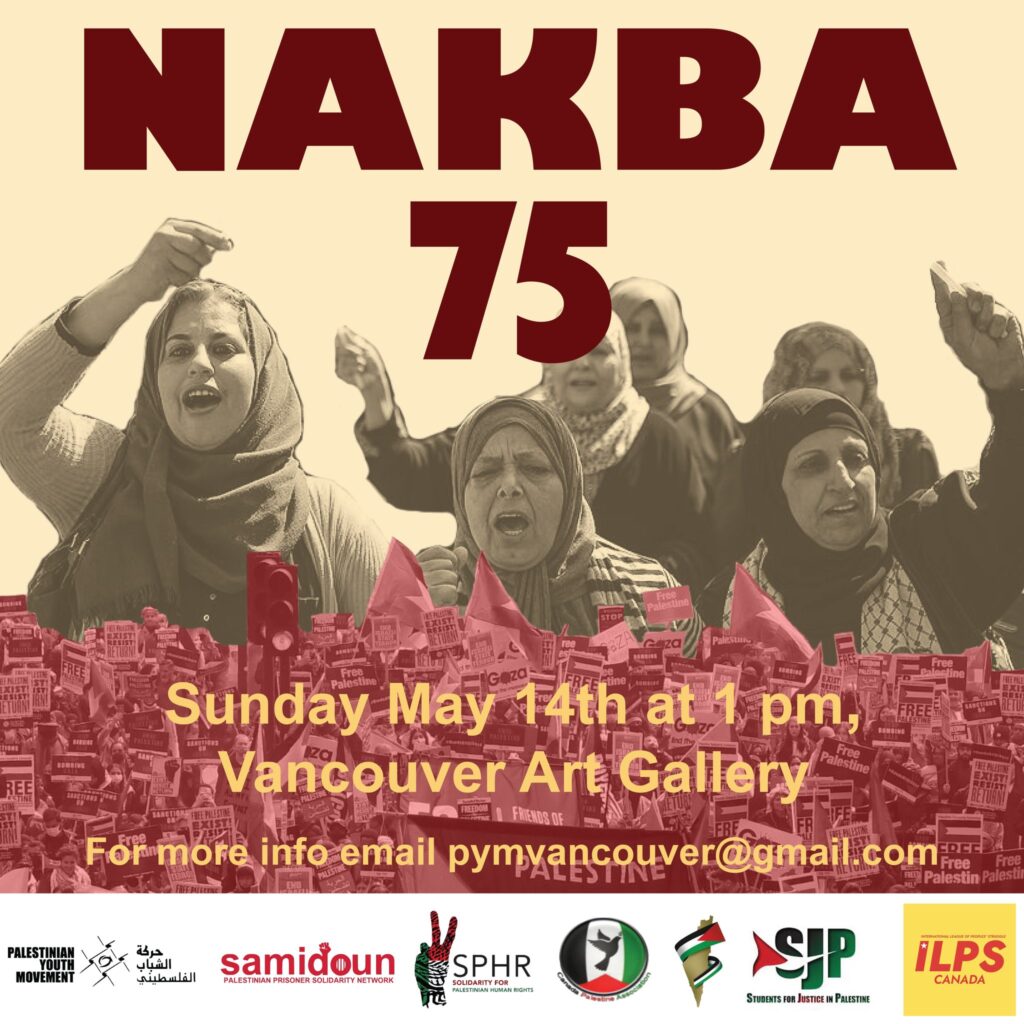

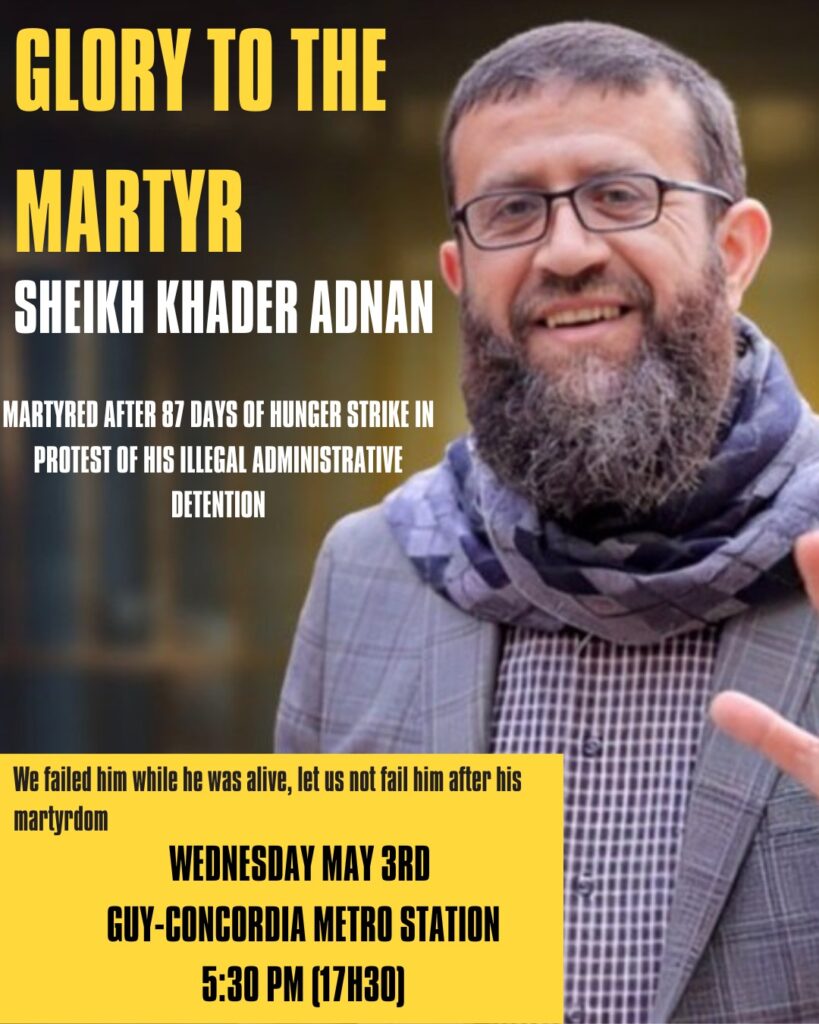

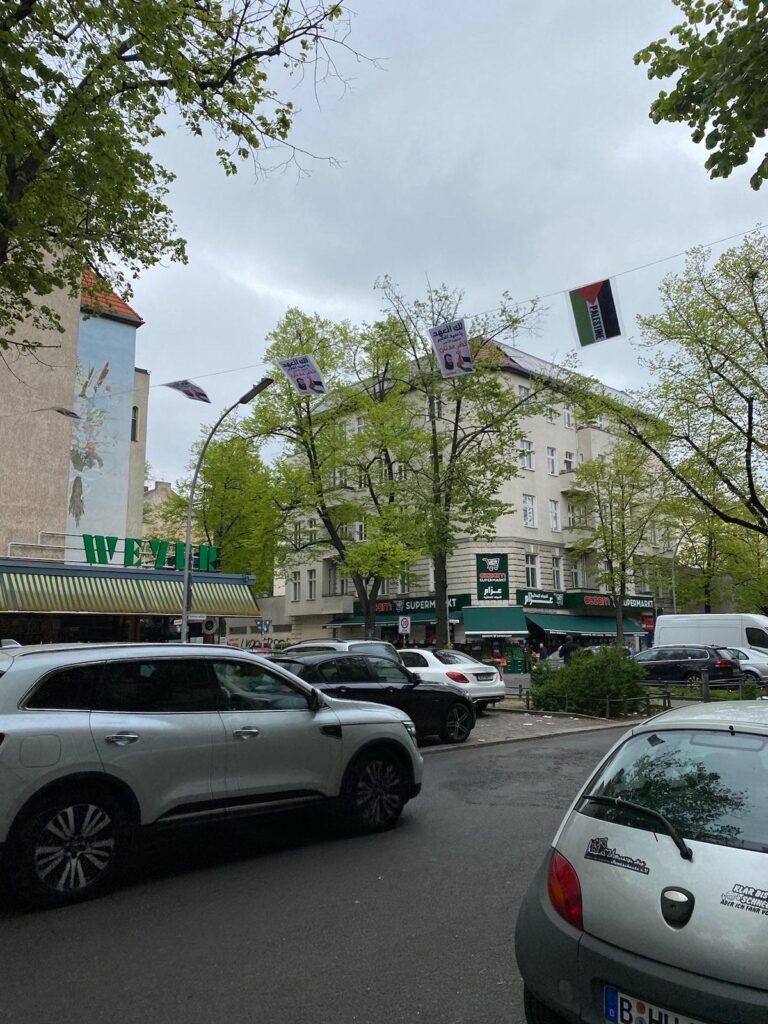



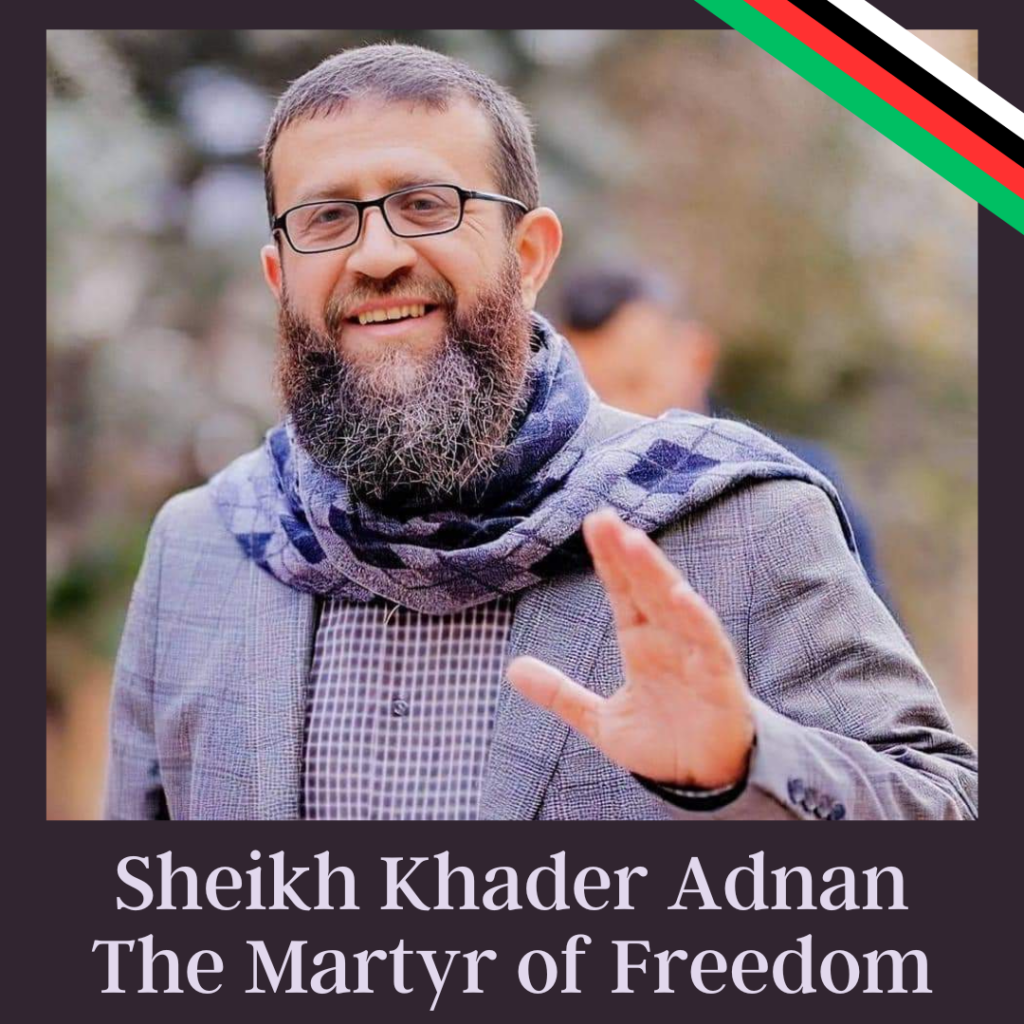



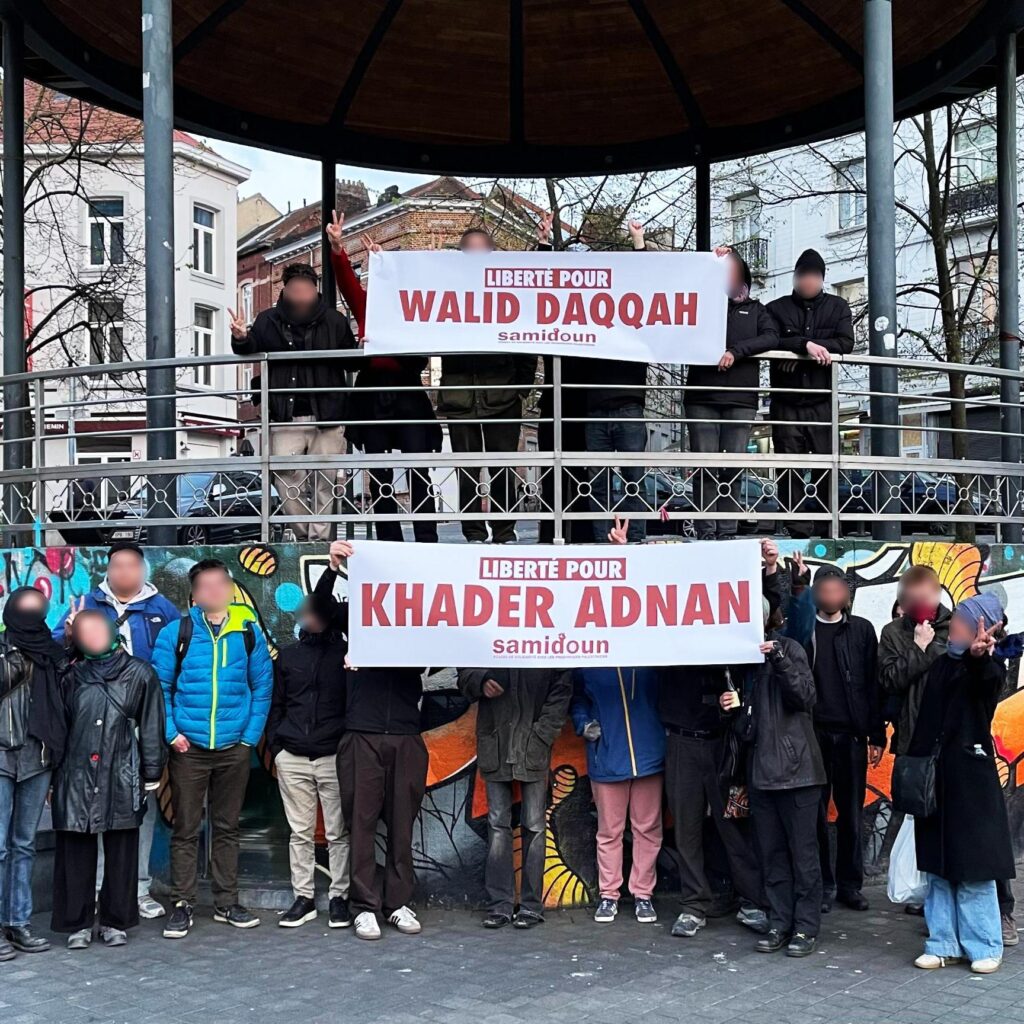
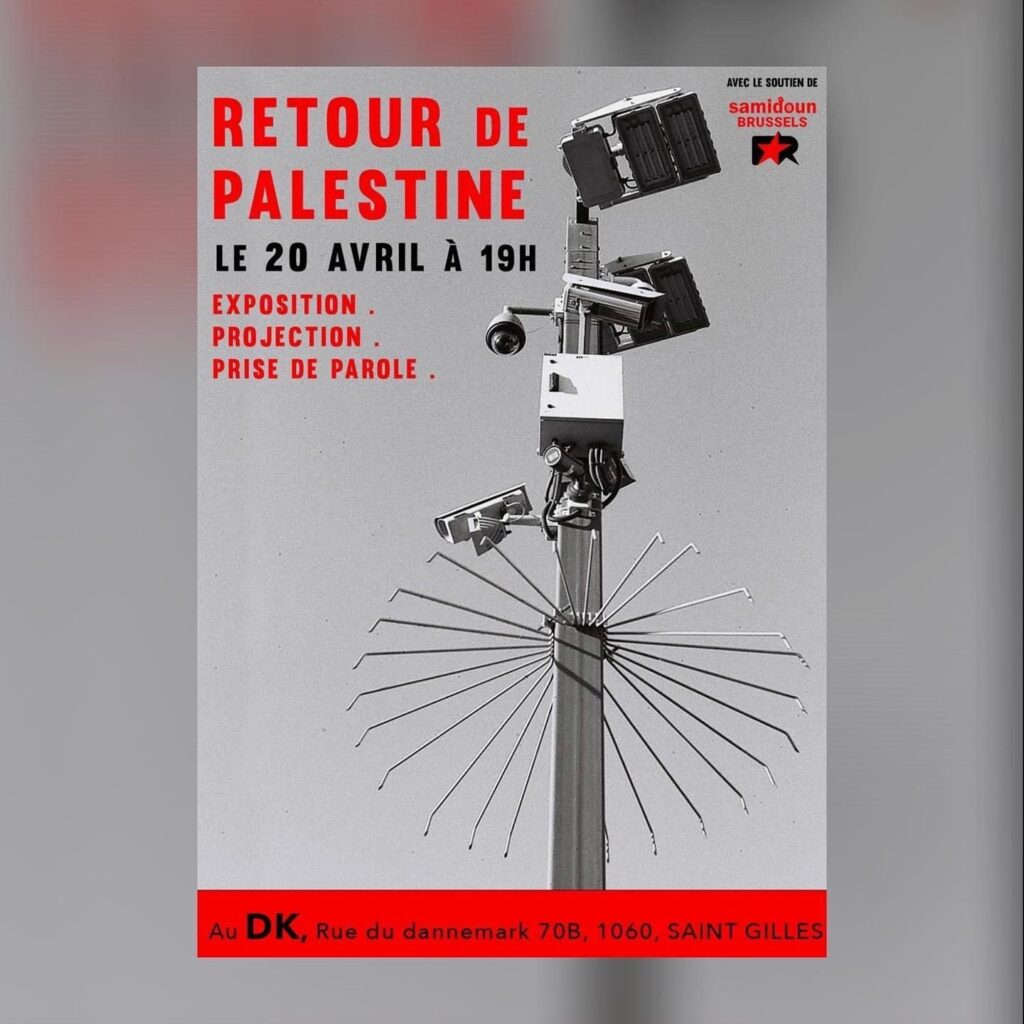










 Samidoun Palestinian Prisoners Solidarity Network salutes our comrades in “Young Struggle” for their continuous work against imperialism and their struggle for the inalienable rights of the Kurdish people, and we republish their
Samidoun Palestinian Prisoners Solidarity Network salutes our comrades in “Young Struggle” for their continuous work against imperialism and their struggle for the inalienable rights of the Kurdish people, and we republish their
